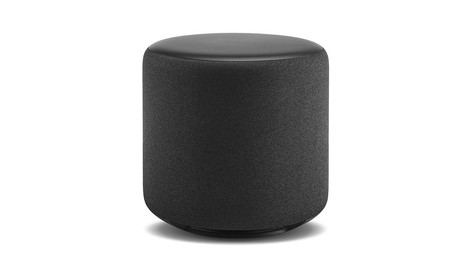Your podcast discovery platform
Curious minds select the most fascinating podcasts from around the world. Discover hand-piqd audio recommendations on your favorite topics.

piqer for: Boom and bust Global finds
I am a Dutch journalist, writer and photographer and cover topics such as human rights, poverty, migration, environmental issues, culture and business. I’m currently based in The Hague, The Netherlands, and frequently travel to other parts of the world. I have also lived in Tunisia, Egypt, Kuwait and Dubai.
My work has been published by Al Jazeera English, BBC, The Atlantic's CityLab, Vice, Deutsche Welle, Middle East Eye, The Sydney Morning Herald, and many Dutch and Belgian publications.
I hold an MA in Arabic Languages and Cultures from Radboud University Nijmegen and a post-Master degree in Journalism from Erasmus University Rotterdam. What I love most about my work is the opportunities I get to ask loads of questions. Email: [email protected]
Does Talking With Machines Make Us Lazy And Less Critical?
This edition of Business Daily, “The daily drama of money and work from the BBC”, is about voice assistant apps like Alexa, Siri and Google Assistant, which according to the program “are about to transform the economics of the web”.
The aim is to create a digital voice that talks to you like a friend or adviser.
A surprisingly large number of 1 in 5 of all households in the US and in China already have a smart speaker in their homes, according to Deloitte. This allows them to play music, order a delivery or find out the news, all by simply talking to their computer. Also, an estimated 2.5bn smartphones now carry voice assistant apps.
I actually don’t know many people in my environment who use these apps and I haven't felt the urge to try one yet, but to be honest I also thought that of mobile phones until I first bought one in 2002 (after I moved to a houseboat in Amsterdam without a landline).
The host Manuela Saragosa talks to Silicon Valley analyst Carolina Milanesi. She says the prices have come down tremendously and consumers have become more comfortable talking to a digital assistant about more and more topics.
It is great, but a little bit scary.
Tech journalist and author James Vlahos is critical, too.
Most people just want the answer as fast as possible. The tech companies, Google in particular, think: let’s give people what they want. The other side of it is that it puts more power in the hands of Google, Amazon and Apple.
Everyone else on the internet loses, he says, such as traditional publishers and newspapers.
The host asks: It will all of us make a lot lazier, won’t it?
We get a little weaker at hunting for information and critical thinking and evaluating information from different sources.
Andrew Shuman from the team behind Microsoft's Cortana voice assistant responds to these criticisms.
